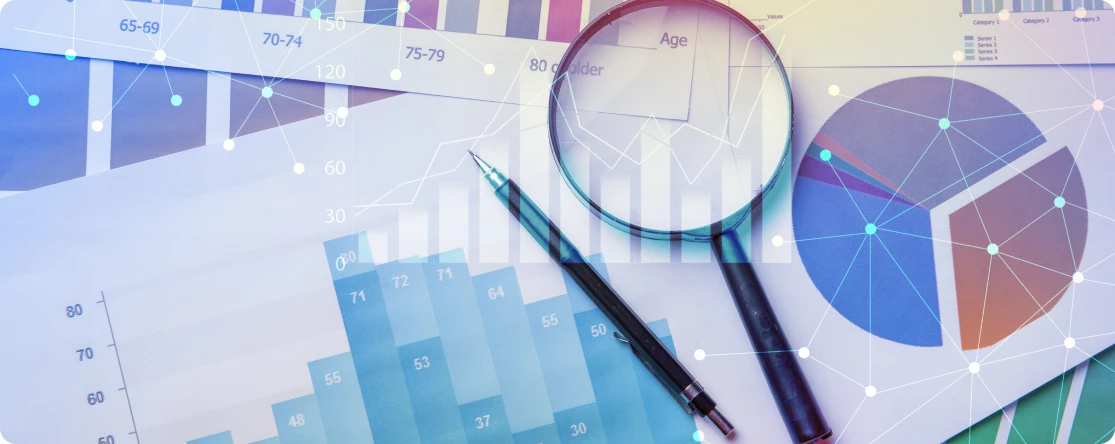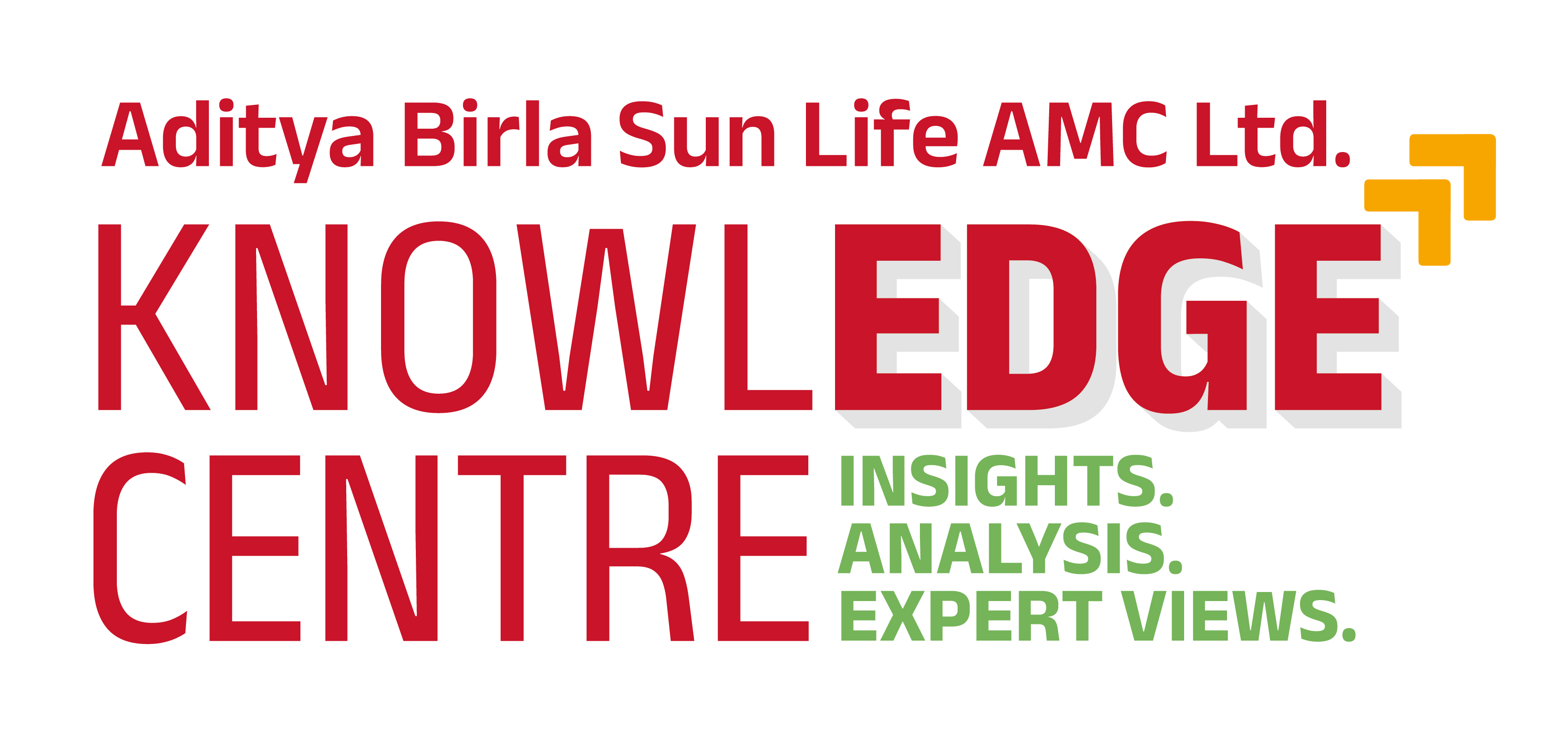-
Our Products
Our FundsFocus Funds
-
Self Care
Self-ServiceFind InformationWays To TransactPartner Solutions
-
Downloads
- Learnings
- About Us
-
More
-
Shareholders
-
Shareholders
-
Updates
-
-
SIP Calculators
- Back
-
Shareholders
Key Takeaways from the Economic Survey of India 2022-2023

Jan 31, 2023
4 Mins Read
 Bhupesh Bameta
Bhupesh Bameta
Listen to Article
The Economic Survey of India for the year 2022-2023 was presented today, January 31, 2023, ahead of the Union Budget. This annual report provides detailed statistical data and a comprehensive view on the state of the Indian economy. Here are some of the key takeaways from the report this year.
Recovery Complete: The Economic Survey is optimistic about India’s growth prospects in the near as well as medium term. According to the survey, India has staged a complete recovery from the pandemic in FY22 and is positioned to rise to pre-pandemic growth path in FY23. It expects India to grow at 6.5% in FY24, (range of 6.0-6.8%) which is higher than the market consensus forecast range of 5.75-6%. The optimism stems from the strong credit growth and capex cycle which the survey expects to unfold further due to healthy balance sheets. The survey is also bullish on the rebound in private consumption, which will absorb some of the expected drag in exports and revival in capex. It is optimistic on the private capex front which it believes needs to take a leadership role to put growth on the fast track.
Comparison with 1998-2002: The survey notes that 2014-22 has seen a series of structural and governance reforms which has strengthened the economy’s fundamentals by boosting efficiency. In particular, the push to digital infrastructure will be a game changer in enhancing economic potential of individuals and businesses. However, the pay-off of the reforms has not happened to their potential due to balance sheet stress before the pandemic, followed by the series of one-off global shocks. The survey compares this period to 1998-2002 when transformative reforms did not pay dividends immediately due to domestic financial cleanup and a series of external shocks in the period but was followed by a strong jump in growth after 2003. The period 2014-22 was similar to 1998-2002 with a large number of structural reforms but growth dragged down by balance sheet stress and a series of global shocks. Now with balance sheet returning to good health and if global shocks recede, then economy is poised for similar medium-term strong growth uptick.
Medium-term growth outlook strong: According to the Survey, Indian economy will achieve 6.5% growth in the medium term given the large number of reforms undertaken in the last few years, and once the current global shocks fade, the restoration of credit cycle will alone take growth to 6% plus. It adds another 30-50bp growth boost due to public digital infrastructure. And if structural reforms are also undertaken then the growth can rise to 7- 8%.
Key factors for the optimism on medium-term growth outlook are: 1) Balance sheets of corporate and financial sectors have been repaired and the financial cycle is poised to turn upwards creating a virtuous credit and capex cycle, 2) digitization reforms and the resulting efficiency gains in terms of greater formalization, high inclusion, and 3) evolving geo-political situation and the trend towards diversification of supply chains. However, the survey called for the need for further reforms to boost growth: deregulation, simplification of compliances, power sector reforms by state governments, the impetus to education and skill building to match emerging technological requirements.
Global risk from monetary tightening: The survey points out the risk to global economy due to monetary tightening which may aggravate fragilities built in the financial system over the years. However, it points out that India has been an outlier, and while global debt has increased materially since GFC, India’s debt level has reduced.
Fiscal target on track: The Survey is sanguine about fiscal health of the government and believes that government is well on its way to meeting its fiscal targets. Moreover, India’s public debt profile is relatively stable and characterized by low currency and interest rate risks. While the general government debt to GDP ratio has risen from 75.7% in end-March 2020 to 89.6% in end-FY21, it is estimated to decline to 84.5% at the end of FY22. Moreover, the growth-interest rate differential for the economy remains positive, which indicates fiscal sustainability for the economy. The survey argued for continued fiscal discipline by contending that fiscal discipline ultimately translates to fiscal stimulus by reducing the interest cost for the whole economy. This is especially so in the current period of elevated global debts and rising interest rates.
Inflation risks expected to be lower in FY24: On inflation front the survey noted that India’s inflation overshoot was much less than other major economies. It expects inflationary pressure from global commodity prices to be lower in FY24. While there are upside risks to inflation emanating from geo-politics, the possibility of further supply chain disruptions and China re-opening putting upside pressure on commodity prices, the survey believes that the inflation challenge in FY24 will be less than FY23. The Survey expects lower commodity prices to aid in reducing India’s CAD. However, there are downside risks to the current account balance due to the possibility of lower exports and strong growth.
The sector(s)/stock(s)/issuer(s) mentioned do not constitute any research report/recommendation of the same and the Fund may or may not have any future position in these sector(s)/stock(s)/issuer(s). The views and opinions expressed are those of Bhupesh Bameta, Fund Manager and do not necessarily reflect the views of Aditya Birla Sun Life AMC Limited (“ABSLAMC”) /Aditya Birla Sun Life Mutual Fund (“the Fund”). ABSLAMC /the Fund is not guaranteeing/offering/communicating any indicative yield/returns on investments.
Mutual Fund investments are subject to market risks, read all scheme related documents carefully.
You May Also Like
Loading...





 1800-270-7000
1800-270-7000









